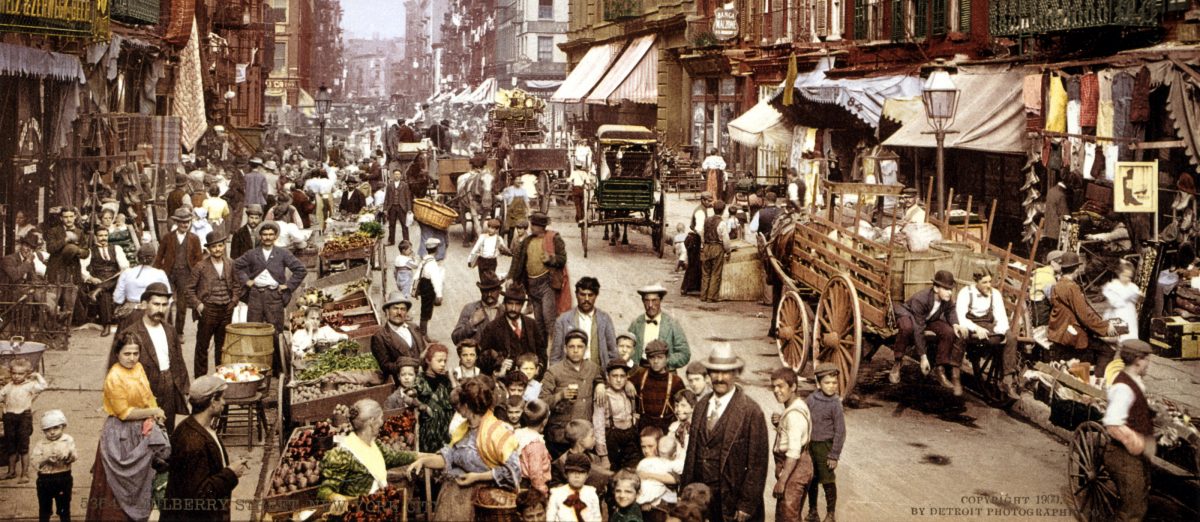I reacted to the election results with a strange mix of elation and foreboding. Elation, of course, because American voters came through and rejected Donald Trump. Our country and our planet will no longer be exposed to the danger of having its most powerful person a megalomaniacal, delusional ignoramus. I wrote when he was elected that we would not get through four years of a Trump presidency without many people dying unnecessarily; so it has been. My relief at having him gone cannot be overstated. The prospect of four more years of his misrule was terrifying, and I don’t think American democracy would have survived in any recognizable form.
Still, there was the disturbing fact that 74 million people voted to continue his reign of racism, corruption and ineptitude. Under normal conditions, a 7-million vote, 4-percent margin of victory would be considered a decisive victory and cause for partisan satisfaction. But this was not a normal election. Never before was a person so manifestly unfit for the presidency, so blatantly corrupt, and so transparently making decisions according to self-serving political calculus running for re-election. Nothing short of an historically lopsided landslide would have proved that a fluke had occurred in 2016, but that American democracy is still fundamentally healthy. That landslide did not occur; our democracy is not healthy.
One thing that puzzled me throughout the Trump years was the response of informed, responsible, allegedly principled conservatives. Through a professional career in Manhattan, my associations have skewed liberal but I have known, worked with, respected and befriended many such conservatives. They might have more faith in market outcomes, put more emphasis on personal responsibility than structural impediments, and have less confidence in government efficacy than I do, but I thought we shared the same basic analytical and ethical frameworks. I always assumed that many millions of such people constituted the backbone of the Republican Party.
So as I watched conservative intellectuals from George Will to Jennifer Rubin to Bret Stephens to William Kristol recoil from Trump, form the Lincoln Project and even leave the Republican Party altogether, I wondered if there was similar movement among their non-famous counterparts. Surely those smart, decent conservatives with business school and law degrees, who form the middle-ranks of Fortune 500 companies and law firms, who have been taught to value scientific management and the rule of law, could similarly see through Trump’s incompetence and narcissism– and could not possibly be comfortable with him in the Oval Office. The 2018 mid-term elections gave me hope that they were out there, but yet….Trump’s approval ratings remained stubbornly stable.
After each of Trump’s violations of decency, rationality or the law– colluding with Russians, obstructing justice, 30,000 lies, extorting Ukraine, weaponizing the Post Office, injecting bleach, mismanaging the pandemic– I checked those approval ratings. Stable. What was going on? Where were all those rational, decent conservatives willing to put country over party?
The 2020 presidential election provided a definitive answer; they were virtually nonexistent. According to the NEP/Edison Research exit poll, a smaller percentage of Republicans voted for Joe Biden than did for Hillary Clinton (6% vs 7%) and a higher percentage voted for Donald Trump in 2020 than in 2016 (94% vs 90%). Trump’s four years of chaotic ineptitude actually won over Republican voters. Is that an illusion created by declining voter identification with the Republican Party? Nope. According to Gallup tracking polls, the number of voters identifying with the Republican Party grew slightly from 2016 to 2020 (43.5% vs 42.6%). Granted, exit polls are in general suspect and the 2020 polls especially so. But their findings are supported by the actual elections results: Trump’s share of all votes cast actually went up, from 46.1% to 46.9%. Biden won the 2020 election because he got a larger share of Democrats’ and independents’ votes, not because Republicans crossed over.
Continue reading “The Election and the Future”